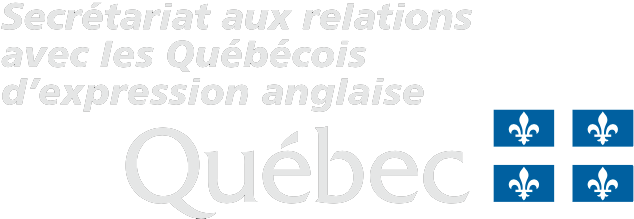
Catherine Kohner
In Baie Comeau, I wouldn't say that there are two communities. A lot of the French population doesn't even know that there is an English community. They are aware of the history of the town, that it was founded and it was super English in the beginning, but nowadays you can say. ‘I went to the English school’ and they'll be like,’ Oh, really? There's an English school in town?’
I'm starting to realize how much the old English names are starting to disappear. Even in my mom's generation, the traditional English names for some of the hills or the lakes or the rivers were gone. I also think it's important to figure out what the local indigenous people called those hills and lakes and rivers.

Adrianna Ruffini
It was really hard growing up in Rouyn-Noranda as an Anglophone and going to an English school. Some of my French friends didn't even know there was an English school. And then I was pegged as that English girl, which is why I knew the accent had to be gone right away.

Chantal Laurin
My grandmother moved to Montreal from the United States in the 1920s. She married a French Canadian and learned to speak French, but between themselves, when they didn't want the kids to understand, they spoke English. So my ear got used to it. From a very young age we watched English TV and it was normal to hear both languages
 Charles Taker
Charles TakerMy parents were both Anglophone and a great number of my generation were the same thing. It was rare that you would have a parent from the French community, but a generation later it all completely changed. For example, my sister's family, even though we grew up in English, her family basically lives in French.

Linton Garner
Since 2006, there's been a 32% increase in the English-speaking population of the Gatineau-Ottawa area, which has the third largest black community in the country. So attitudes are being forced to change with the influx of new people. I think there's an acceptance, but we do have racial incidents here and there.

Megan Mullin
Growing up in the nineties, it wasn't always amazing to come from an Anglophone family that do not speak French. I realized quickly in high school that if I wanted any success in the province, I'm really going to have to study French. And I ended up getting a job working with the public where I speak French every day, but it was always an embarrassment to have that English accent.
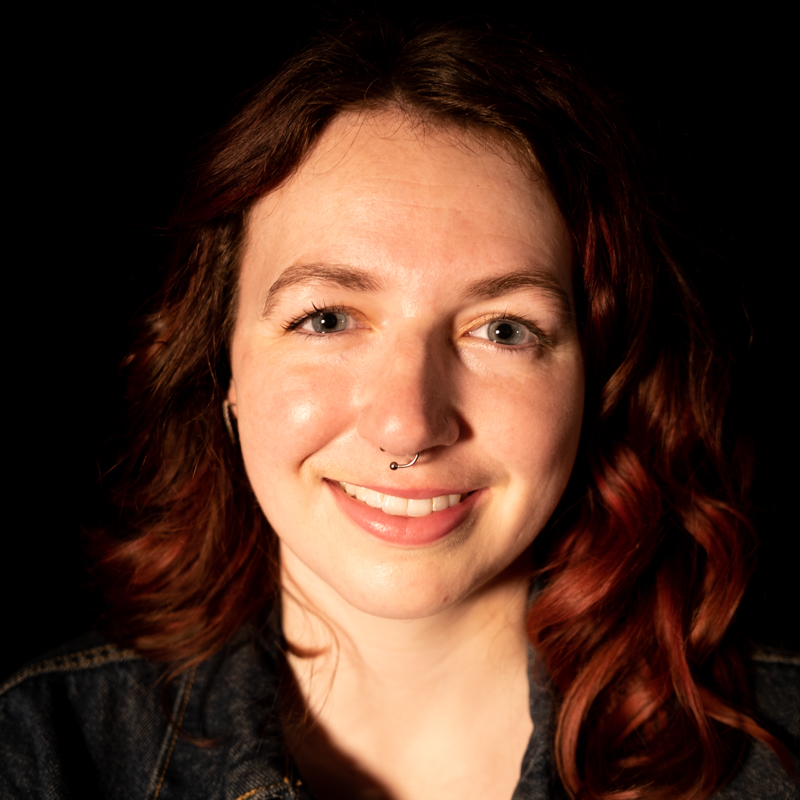
Shannon Delarosbil
In the Gaspé the nearest hospital is about an hour from where my parents live, and even there the services are quite limited. If someone has to go out and stay in Quebec City for an extended period of time for a medical issue, their family is eight hours away.

Sunita Nigam
My family started, and still runs, the first Indian restaurant in the Eastern townships. The staff they have hired has been a really interesting microcosm, a collection of French-speakers, English-speakers, people from Afghanistan, people from Nepal, and people who speak some Indian languages and not others.
![]() Shelley Fequet
Shelley Fequet
When I travel to Quebec City for meetings, we have to leave the day before because it takes us all day to travel. The air flight alone could be $2,500 and that's not counting the hotels and the meals. And for a day meeting, it'll take us three days for a one day meeting.
What We Choose to Remember features a cast of more than 30 characters, whose families arrived in successive waves of immigration. The oldest families arrived during the period of ‘two solitudes’ when Montreal’s population was more than 50% English. They share firsthand accounts decades of political upheaval. The most recent immigrants arrived believing linguistic conflicts were ancient history.
Visit the website to watch the trailer and find tickets to our public screenings ︎ Visit the website to watch the trailer and find tickets to our public screenings ︎
Visit the website to watch the trailer and find tickets to our public screenings ︎ Visit the website to watch the trailer and find tickets to our public screenings ︎
Acknowledgements
Our story takes place on the Indigenous lands of the Kanien’kehá:ka (Mohawk) nation of the Haudenosaunee Confederacy. Tiotià:ke (known as Montréal) has existed as a meeting place of many First Nation peoples, including but not limited to the Abenaki , Anishinaabeg (Algonquin), and the Huron-Wendat. We extend our deepest respect to the elders of these nations and to all Indigenous peoples who carry the history of this island’s land and waters. We also call upon all levels of government to adopt and implement the 94 recommendations of the Truth and Reconciliation commission.
We acknowledge the support of our sponsors
Our story takes place on the Indigenous lands of the Kanien’kehá:ka (Mohawk) nation of the Haudenosaunee Confederacy. Tiotià:ke (known as Montréal) has existed as a meeting place of many First Nation peoples, including but not limited to the Abenaki , Anishinaabeg (Algonquin), and the Huron-Wendat. We extend our deepest respect to the elders of these nations and to all Indigenous peoples who carry the history of this island’s land and waters. We also call upon all levels of government to adopt and implement the 94 recommendations of the Truth and Reconciliation commission.
We acknowledge the support of our sponsors
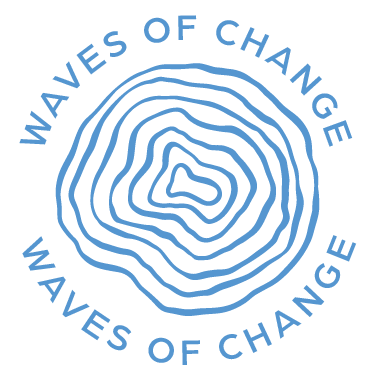

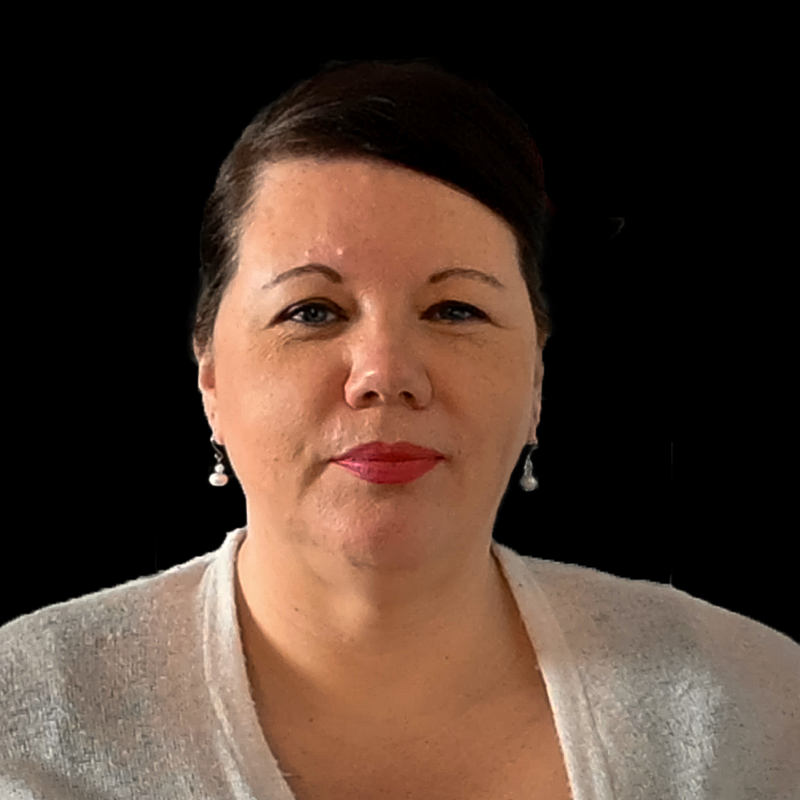 Shelley Fequet
Shelley Fequet